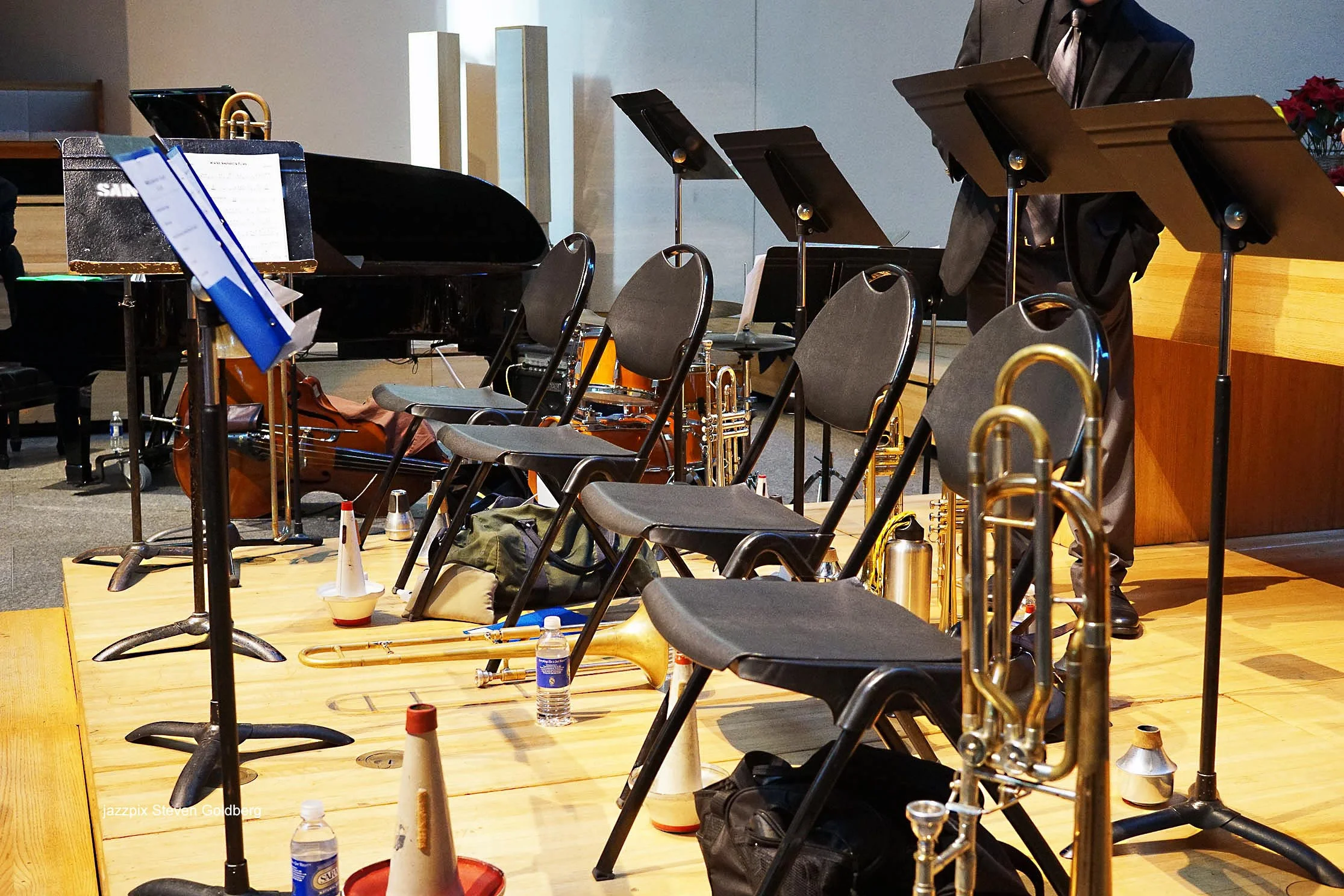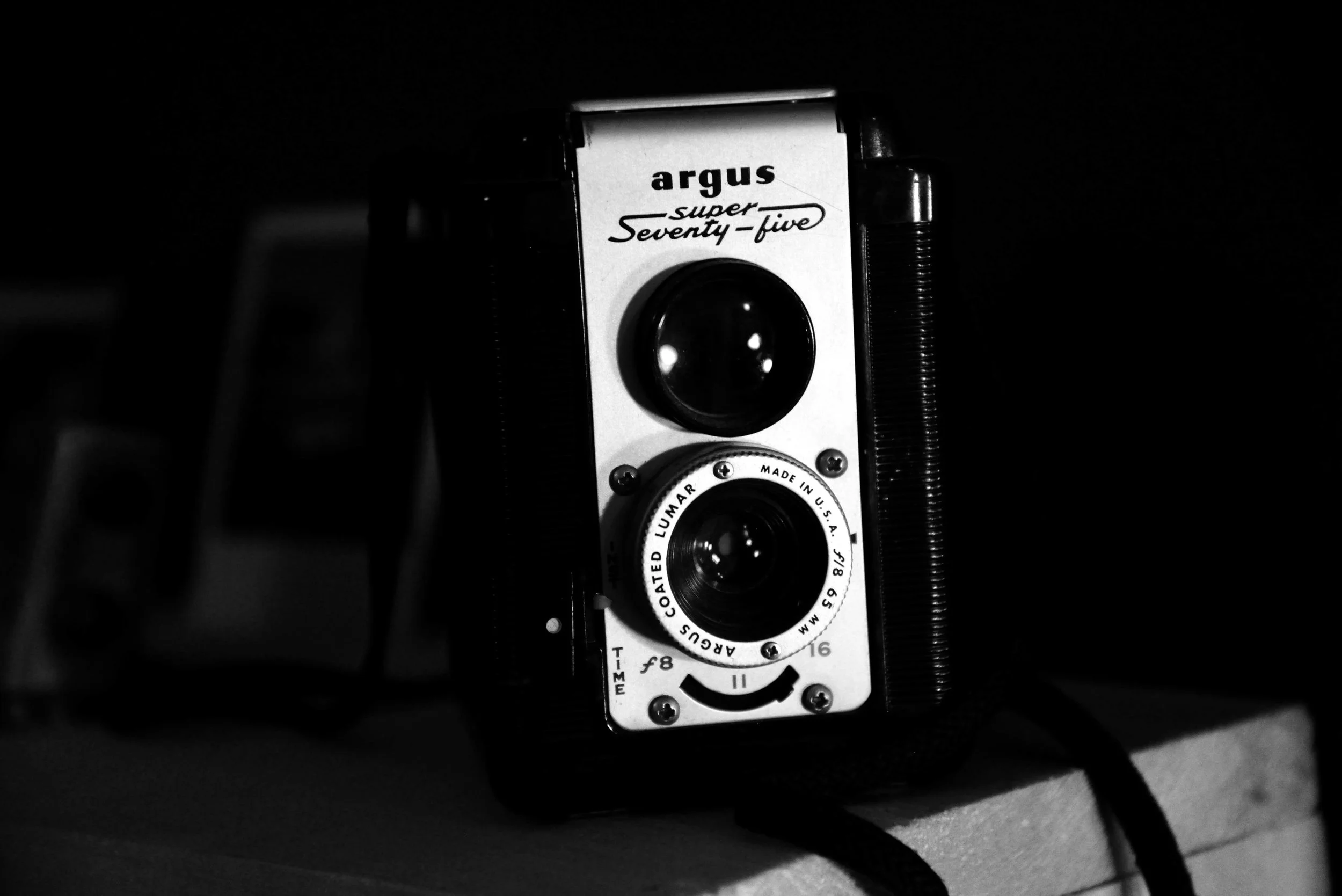All About Jazz - Album Review: The Chase - Jack Bowers
Publication Date: June 18, 2014
Author: Jack Bowers
Flashpoint, released three years ago (in 2011), introduced listeners to a splendid New York-based orchestra led by composer / trombonist David White. On The Chase, White proves that Flashpoint was indeed no fluke, guiding what is essentially the same ensemble through its paces on half a dozen of his admirable charts. There is one sizable difference, which will be addressed in due course; in musical terms, however, White and the orchestra are as a rule beyond reproach. He writes tasteful melodies, and the orchestra carries out his game plan to the letter. Brass and reeds are sharp and focused, while the rhythm section—firmly anchored by drummer Ryan Cavan—keeps the power plant running smoothly and the machinery in place.
White's grandfather gave him the nickname Mister Shepherd, and the session opens suitably with "Mister Shepherd's Misadventures," a fast-moving theme with virile solos by tenor saxophonist Sam Dillon and trumpeter Miki Hirose. "And the People Could Fly" takes wing behind emphatic statements by pianist Nick Consol and trumpeter Pablo Masis, after which tenor Sam Taylor strides forward to savor "The Sweetest Bite of Cherry," whose appetizing rhythms vary from straight 4/4 to a more laid-back quarter time. "Persistence," the album's most strident theme (in fact, the only one that veers even modestly from harmonious), was inspired, White says, by minimalist composer Steve Reich's "Music for 18 Musicians" (one more than White's orchestra employs). White takes his lone solo there, and it's a good one, deftly complementing forceful testimony by Cavan and alto Andrew Gould who solos in a lighter mood with trombonist Dan Reitz on the funky "The Shakedown." Trombonist Rick Parker and alto Omar Daniels are front and center on the seductive finale, "Blues for Sally Draper," named for a character on White's favorite television series, Mad Men.
Musically, one couldn't ask for much more than White and his orchestra deliver. On the other hand, it is hard to endorse without caveat a CD whose playing time is a scant thirty-four minutes, less than half of a disc's storage capacity of eighty minutes (hence the "sizable difference" alluded to earlier). That's a full forty minutes less than White's earlier enterprise, Flashpoint. What we are left with is an otherwise exemplary album that spans only thirty-four minutes, none of which is misspent. If that doesn't bother you, go for it. -Jack Bowers



